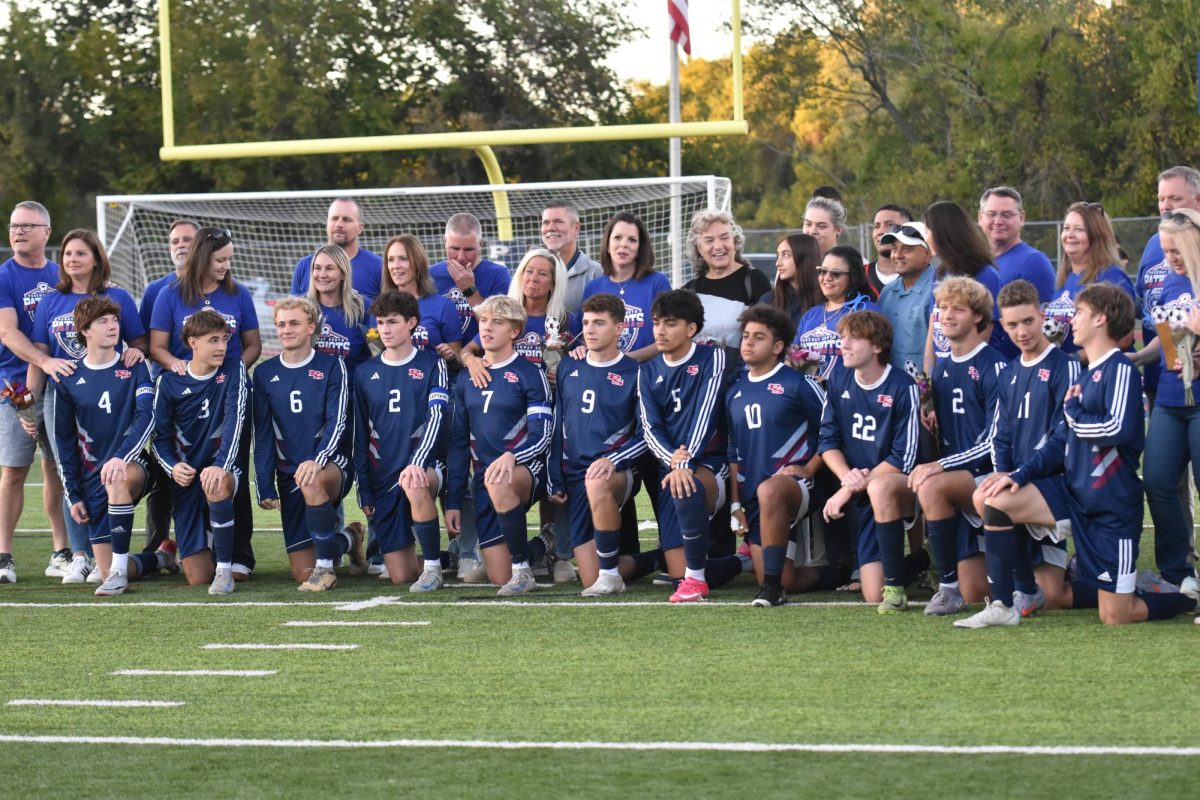The birth of live music was in small, local, mom-and-pop venues that could fit maybe a few hundred people. Everyone played and toured either these small-town venues or slightly larger theaters. But that all changed on August 15, 1965. That was when the Beatles changed the concert scene forever. Commonly called the first “Stadium Concert,” the Beatles played at Shea’s Stadium in New York with a record-breaking 55,600 screaming fan-fans screaming so loud the band couldn’t hear Itselfs play. A ticket to the Shea’s Stadium concert; a record-breaking, precedent-setting, world-changing event, was priced at $5.75, or $55.35 adjusted for inflation.
This concert at Shea Stadium renewed the concert industry;, stadium concerts were now the standard for major artists. Stadium concerts have existed for over half a century now and have dominated the concert-going experience since their inception. Stadium concerts are simply just massive artists performing their concerts in a venue large enough to hold their massive audiences, like the Kanyes, Taylor Swift, and Beyonces of the world playing in Enterprise Ccenters and Hollywood Casino Amphitheaters across the world. This new brand of concert had left our small, local venues in the dust, squeezed dry and grasping at straws to make do.
Also, with the size of the venue growing larger, so did the ticket prices. One example is classic rock band: the Eagles, who recently went on their “Long Goodbye” tour and tickets were priced at $300 per. Back in the ’70s, When the Eagles were first active as touring artists, their tickets were priced at $12 apiece. In the modern day, we’ve seen the record for the highest-priced concert tickets ever: Taylor Swift’s “Eras” tour. These tickets were priced at a median of $2,600 per ticket.
I continue to note these exorbitant fees on concert tickets, and I fear that we blame the artists these tickets provide access to or the venues that hold these events, But these parties make slivers of percentages of the revenue of these tickets. This raises another question, if these thousands of dollars don’t go to the artist or the venue; who does it go to? In all actuality, the majority of the money out of your pocket goes directly to the massive corporate beasts of LiveNation and Ticketmaster.
LiveNation is a concert promoter, artist manager, and venue operator. Ticketmaster single-handedly rules the online ticketing industry. In 2010 these two giants formed a merger and became one entity–Live Nation Entertainment. This homunculus of corporate greed, controls every aspect of the live music process from the touring, scheduling, promotion, venues, ticket sales, everything. Live Nation Entertainment is a modern-day monopoly that has complete control over the live entertainment industry.
Even Parkway is not immune from Ticketmaster’s dominance. In fact, parents who wanted to attend Parkway’s All-District Choir concert on Oct. 24 had to purchase their tickets through–you guessed it–Ticketmaster.
These companies that control the entertainment industry not only exploit you financially but even threaten your life and livelihood. LiveNation has been linked to roughly 200 deaths and 750 injuries and several worker’s rights violations and OSHA violations. LiveNation was the Promoter for the Astroworld concert which killed 10 people in 2021. Ticketmaster was sued by 2 members of the band Pearl Jam after Ticketmaster cut the band out of booking venues for their tour. In May of 2024, There was a data breach in Ticketmaster’s cloud database leaking thousands of people’s card information, including my own parents’ information. But this wasn’t the first time Ticketmaster has been linked to a data breach, it’s happened twice before.
Despite the stranglehold Livenation and Ticketmaster have on the concert industry, people across the country push back. Several states have filed lawsuits against these companies citing: Illegal ticket price inflation and violation of anti-monopoly laws. Many non-profits are dedicated to saving small venues, and large artists have begun touring through these places to boost traffic. some artists have also set their tickets at affordable prices to make concerts more accessible.
Here in St. Louis, we can make a difference too. Our city is home to a plethora of local music venues that hold concerts for large artists like The Pageant, The Duck Room, Old Rock House, Red Flag, The Factory, and more. By attending shows at these venues, we support our local scene and help local venues thrive.
I encourage you to explore these venues on social media and check out accounts like scene_louis to discover STL’s local bands, and most of all share it! share your experiences, share your thoughts, spread the word, keep the scene alive!
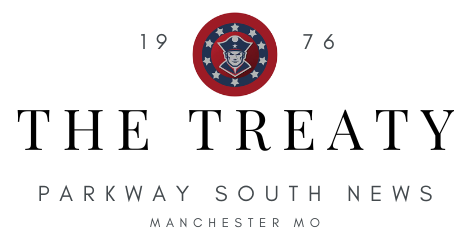

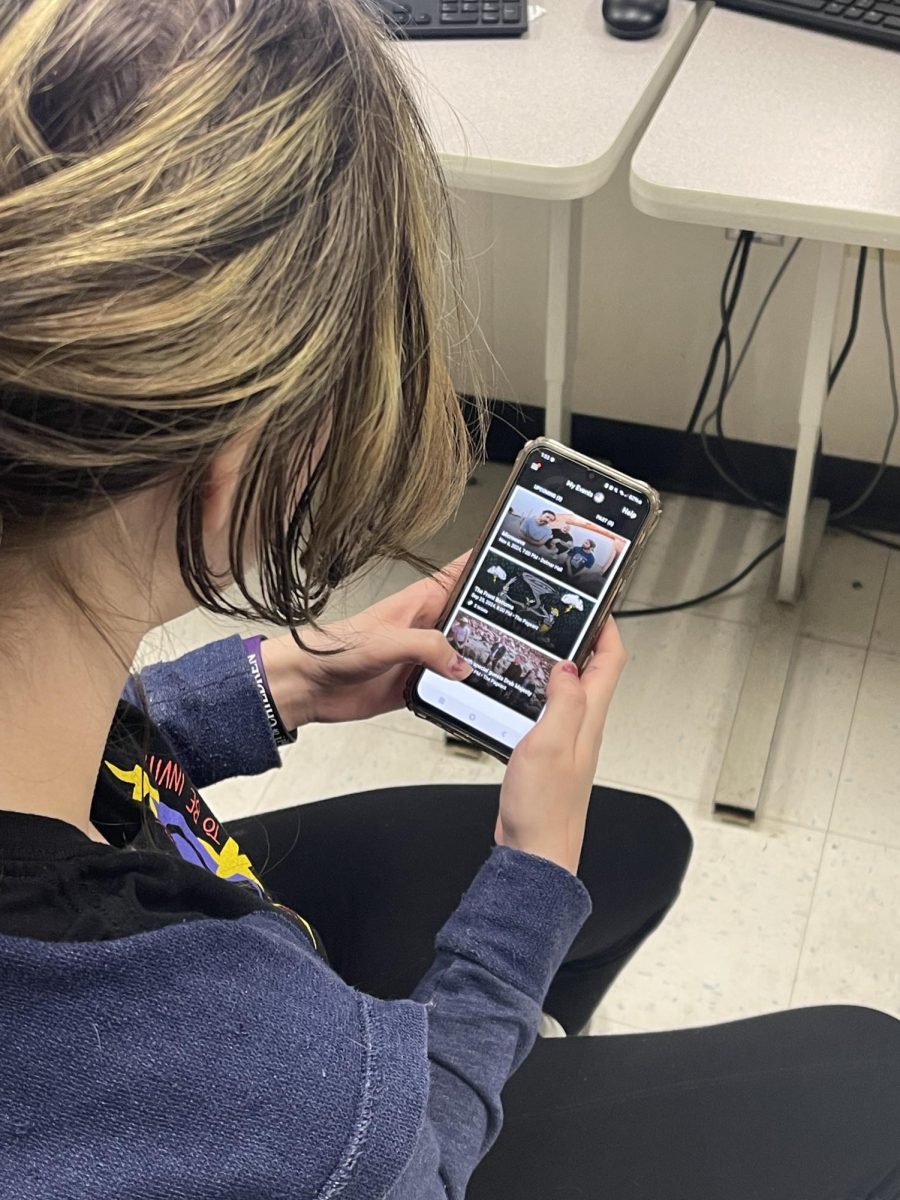
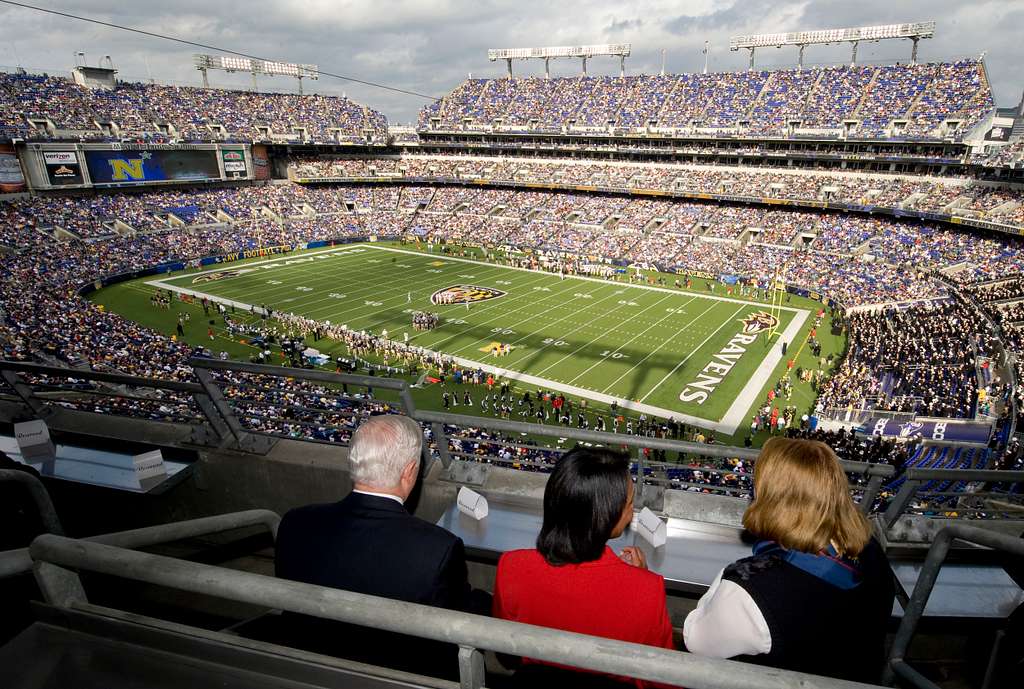
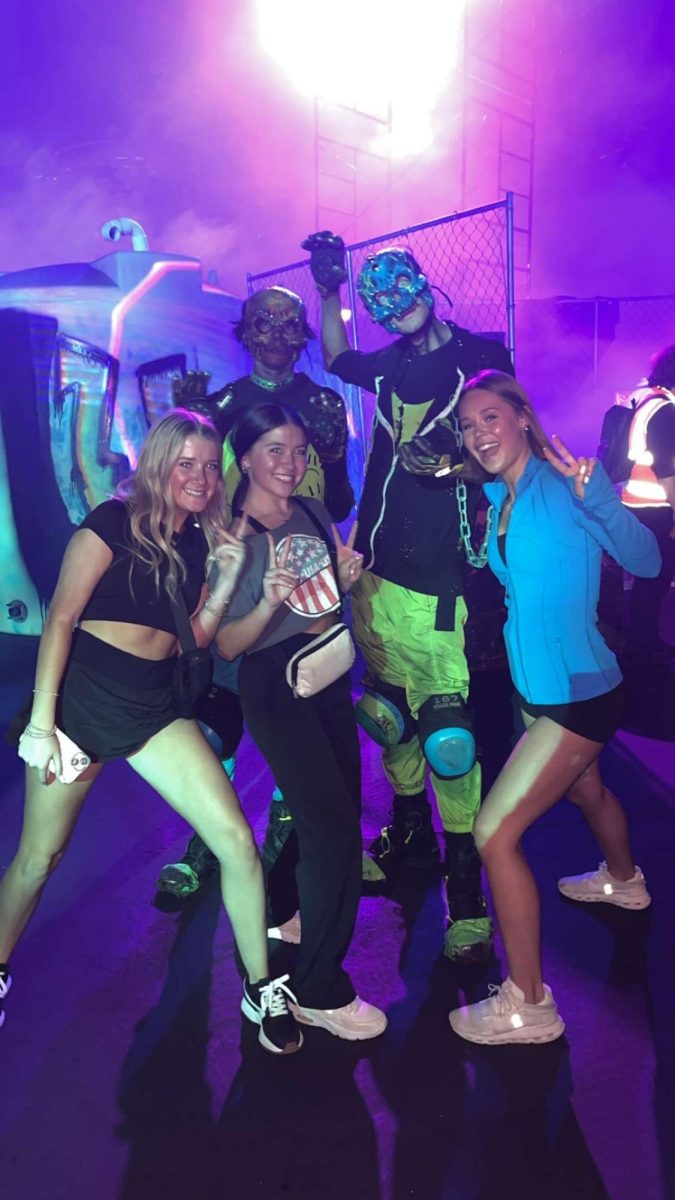
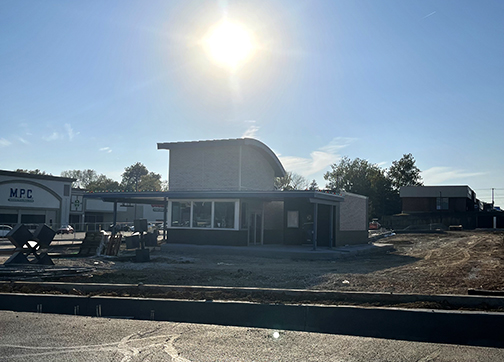
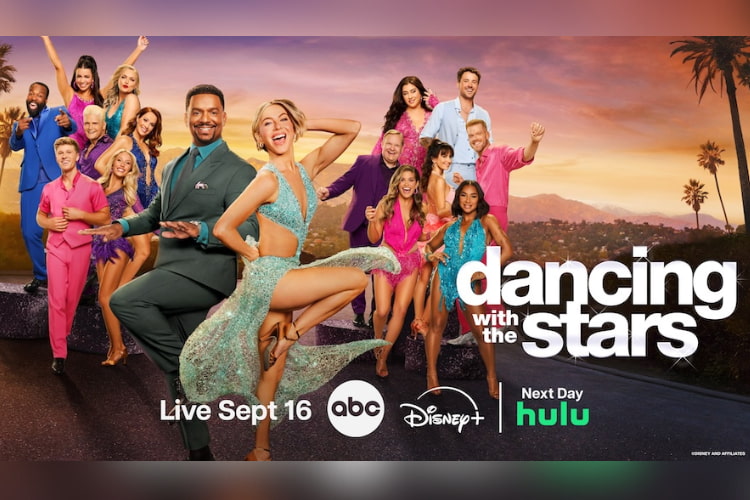

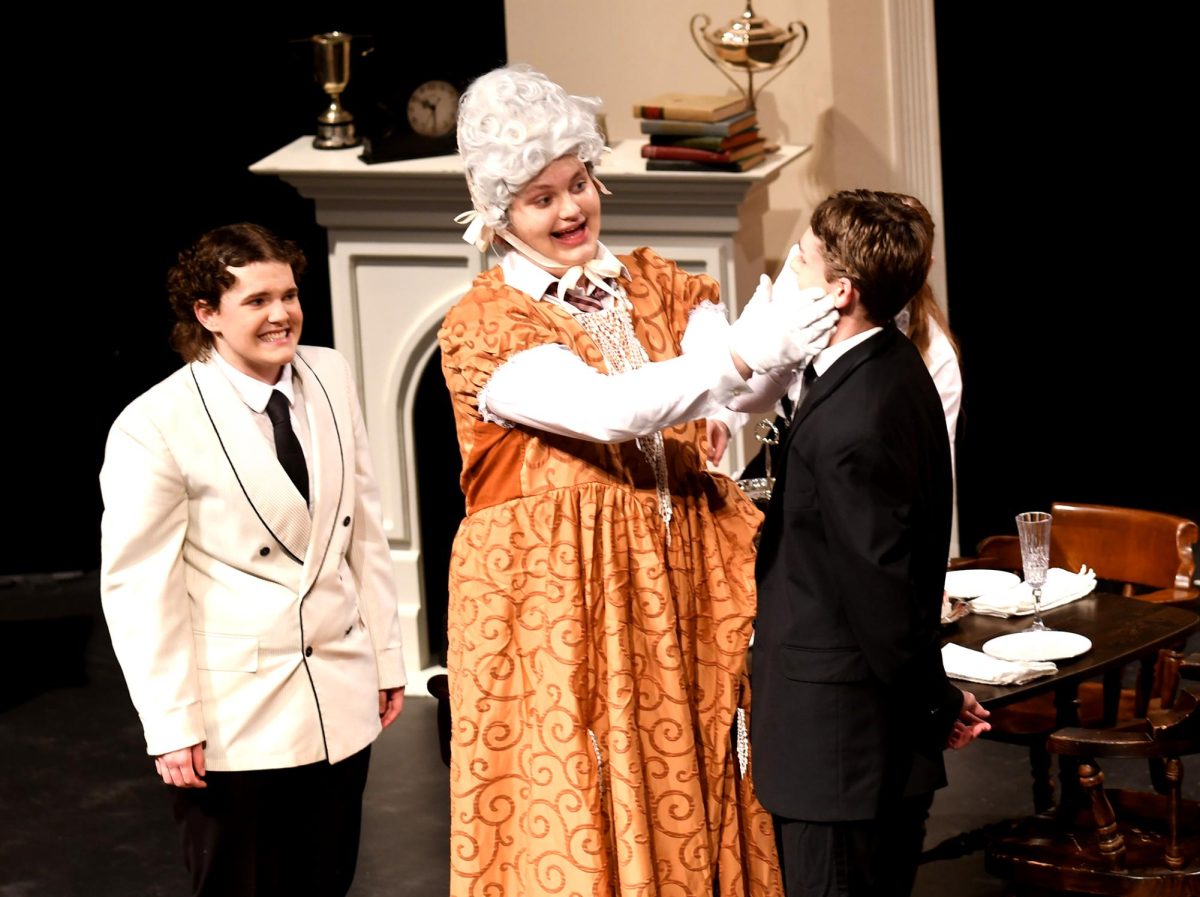

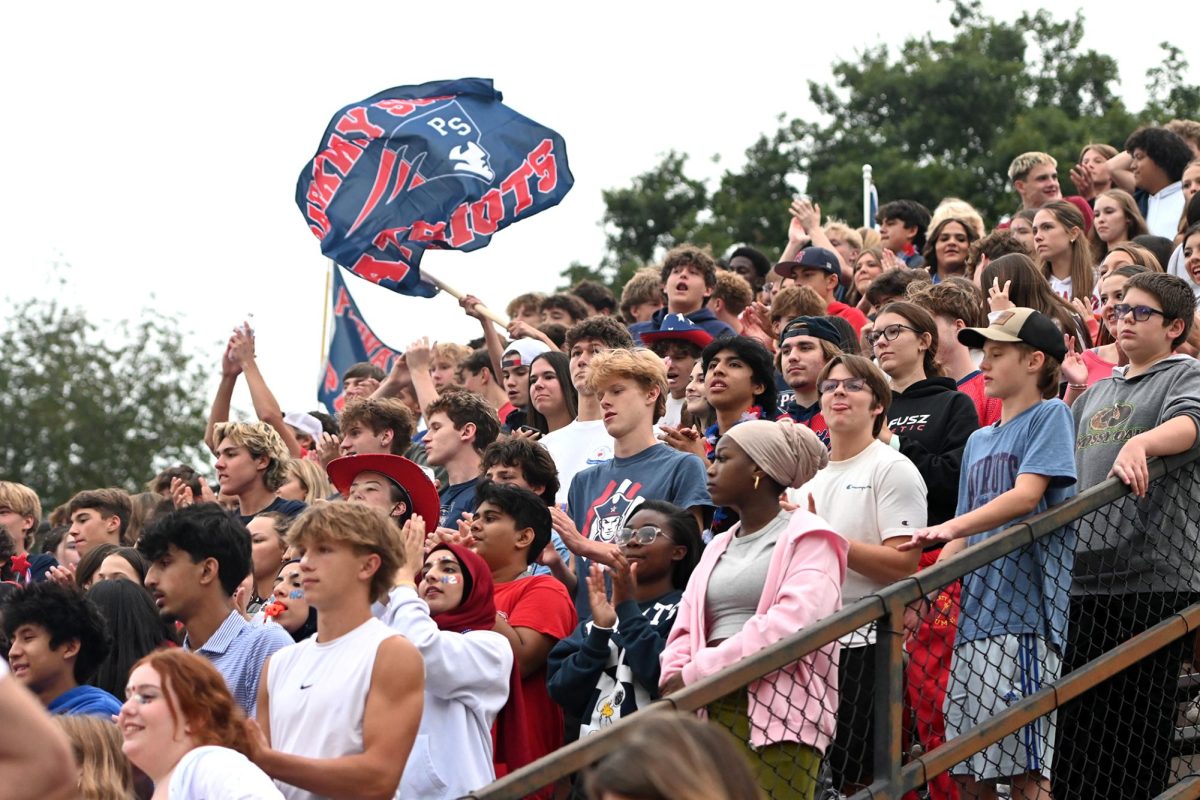


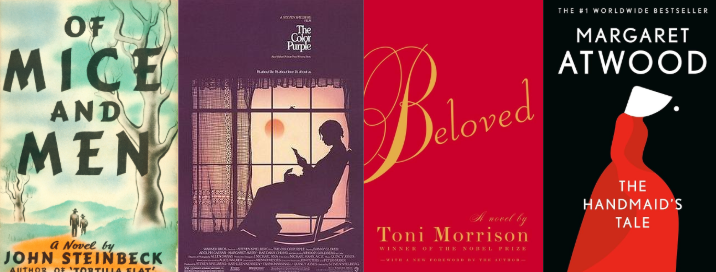


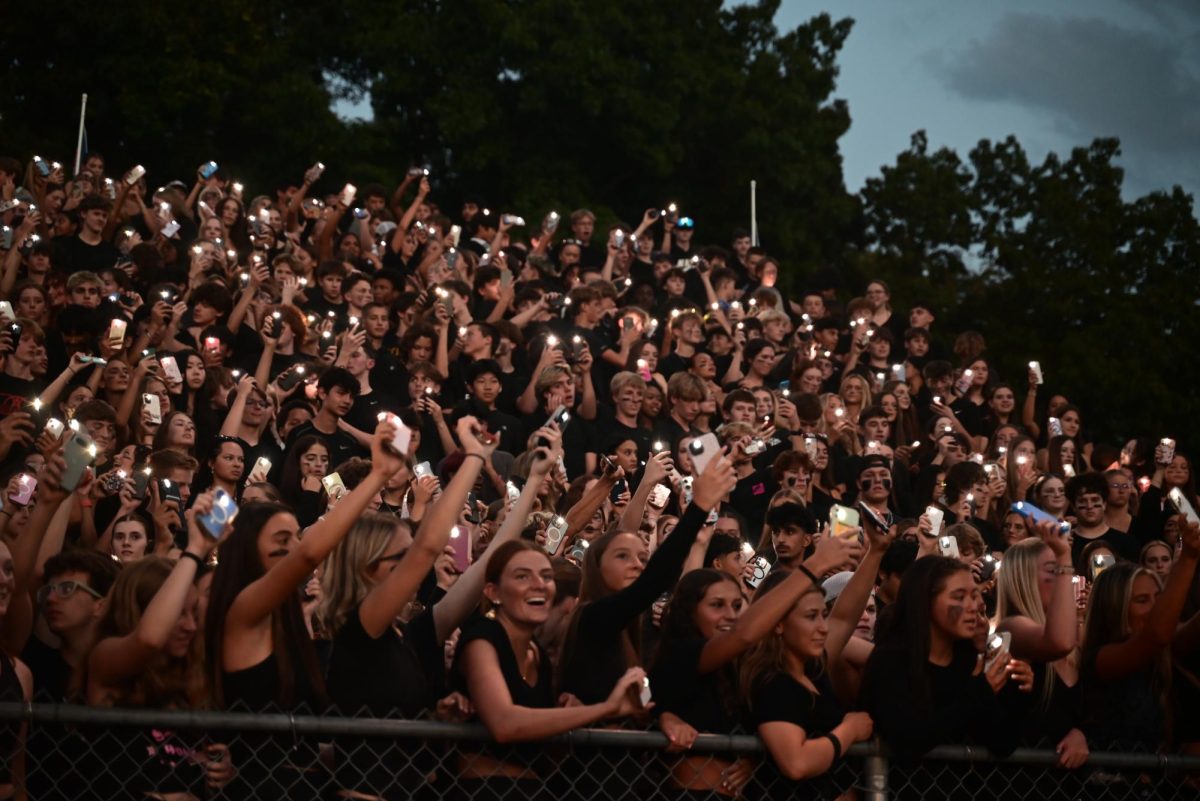

![With her mom and sister cheering her, senior Maiyah Syed gets recognized on Senior Night for Color Guard, Oct. 10. "It felt pretty good [to be recognized]. I thought it was nice to have all my accomplishments laid out [by the announcer.] [I'm really going to miss] the evening practices and the bonding with the team over everything," Syed said.](https://psouthtreaty.com/wp-content/uploads/2025/10/emilypiccropped-Gavin-Brady-935x1200.jpg)
